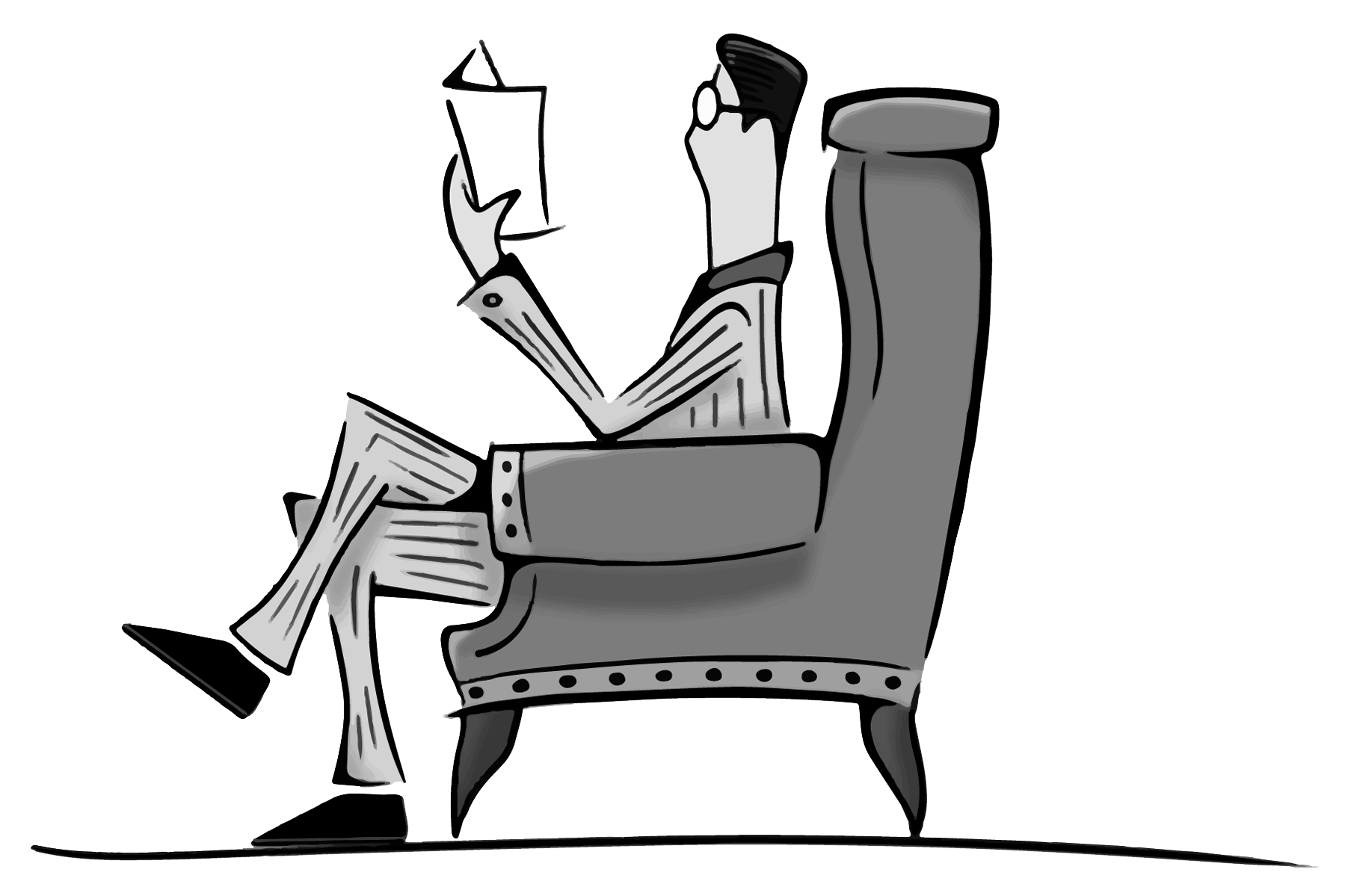Addiction: Sin or Disease?
Substance Use Disorder, the technical name for addictions in the Diagnostic and Statistical Manual published by the American Psychiatric Association, lends itself to presenting the view that addiction is a disease much in the same way that a bladder infection is. Of course, it is acknowledged that beliefs and emotions play a larger role in addictive behavior than they do in a bladder infection; however, the predominant way of framing addictions is as a disease with some special caveats regarding the cognitive and the affective. Those with substance use disorder (SUD) are viewed as victims and as those suffering from an illness.
These addictive diseases are treated as combination of biological predisposition and environmental/familial factors. Some emphasis is placed on choice and personal responsibility to the medical model’s credit. However, the framing of the personal choices that lead to and maintain addiction is framed very differently than how a Christian or existentialist would see it. The medical model (and many other secular addiction treatment models) may communicate, “You’ve been victimized and lead into a life of addiction, now you have to take responsibility for getting out of here.” That’s not an entirely unfair framework. However, the biggest issue is that the patient is being let off the hook for the etiology of his condition even while he is being called to embrace responsibility.
A biblical counselor who takes sin seriously may be more inclined to attempt to communicate something to the extent of, “You’ve made poor choices and have sinned. Those choices have led to consequences for your life. Now, you need to take responsibility for your actions and seek forgiveness going forward.” This approach does not let hard life experiences allow the patient to get away scot-free regarding his conscience. However, the biblical counselor needs to make sure not to communicate that the sinner is at fault for the influences being in place that tempted him towards the path of addiction. For example, someone may drink to mask the pain of his sexually abusive childhood. It is certainly not the addict’s fault that he was abused. It is not a sin that he wanted to escape the pain. Even Christ wanted to escape pain (Luke 22:42). Avoiding pain and pursuing happiness is as natural a human instinct as there is from biological and spiritual perspectives.
The Christian counselor must also note the biblical precedent of levels of responsibility. Some sins only deserve “a light beating” (Luke 12:47–48). While none of this excuses the addicted person’s behavior, it contextualizes it allowing both truth and grace to shine through the priestly act of the counselor or friend (see John 1:14). Finally, the Christian must never dismiss the physiological issues associated with addictions. Alcohol withdrawals can very easily be lethal without medical care.
In the book Sin, Pride, and Self-Acceptance, Terry Cooper argues that all sin is addiction in some sense. Paul’s wrestle with sin sounds like the cries of an addict (see Romans 7:21–24). Whereas the formal addict is much more observable, the informal addict in all of us are just as helpless without Christ. Adam and Eve excepted, no human is individually responsible for being born into original sin. Yet the consequences of sin remain even upon the newborn baby. Original sin is the nature and influence which humans allow to influence them towards acts of sin. The acts of sin come from the sinful nature. Substance use disorder is specific manifestation of sin. Just like other sins, it must be repented of, and the sinner must turn and trust in the justifying work of God. None of this religious lingo is meant to oversimplify or dismiss the deep difficulties associated with overcoming any sin, let alone one with demonstrable, powerful, physiological influences. God understands out plight, and Christ knows our struggles (Hebrews 4:15). He will not hold us responsible for things that are not our fault. However, he still demands our all. His grace is indeed gratuitous, but such gratuitousness is no excuse or license to sin (Romans 6:1–2).
In conclusion, the Christian who deals with addictions, either personally or as a counselor/mentor, must see addiction as a manifestation of sin. However, he must not let his high view of sin lead to a low view of grace or a low view of the real influences that come from biology and the environment. Preaching Law when there ought to be Gospel only leads to condemnation. However, preaching only Gospel without and understanding of the Law leads to cheap-grace and a failure to accept responsibility for one’s actions. This dynamic tension must be prudently maintained.
Mitchell D. Cochran is a biblical counselor and family life educator who also spends his free time being an amateur philosopher and theologian. He is pursuing his Th.D. through Kairos University.


